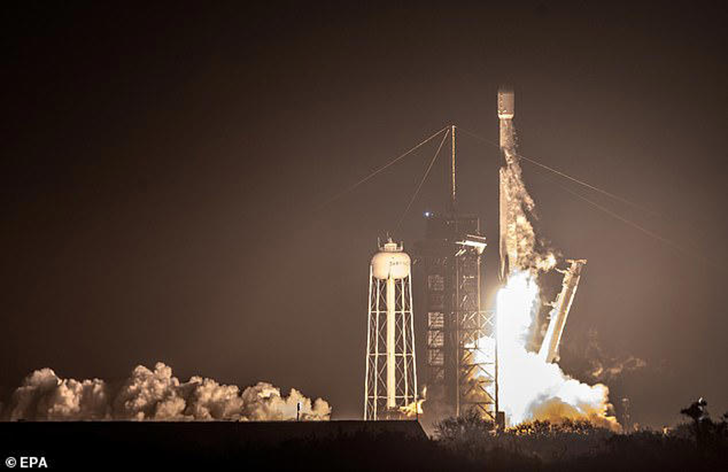When Elon Musk, the visionary CEO of SpaceX, talks about colonizing Mars, his enthusiasm is palpable. He dreams of expanding human civilization to the Red Planet, aiming to "preserve the light of human consciousness." Yet, Musk's ambitious vision isn't just fueled by a passion for space exploration; it also needs to make financial sense. After all, even dreams as big as these need a solid economic foundation to take off.
The Economic Rationale Behind Space Exploration
The moon and asteroids present clear economic benefits for humanity's ventures into space. The moon's resources, such as water for sustenance and rocket fuel, along with helium-3 for potential clean energy, outline a direct path to profitability. The asteroids go a step further, with entities like 16 Psyche potentially harboring wealth beyond imagination, ripe for mining. These celestial bodies offer a glimpse into the economic potential lying beyond Earth's atmosphere.
The Financial Blueprint for Mars
Mars, however, presents a more complex scenario. Robert Zubrin, in his book “A New World on Mars,” dedicates significant effort to mapping out how a Mars colony could be financially viable. The crux of the matter lies in innovation. To survive and prosper on Mars, colonists will have to pioneer advancements in several fields, from food production to AI. These technological breakthroughs could then be licensed to Earth-based companies, creating a novel revenue stream.
Potential Profit Centers for a Mars Colony
Beyond technology, Mars opens up intriguing possibilities for tourism, real estate, and luxury goods. Tourism here isn't about leisure but providing essential support for exploration efforts. Real estate development could transform Martian landscapes into hubs for commercial activity, while luxury goods produced on Mars could carry unparalleled prestige. These avenues hint at a diverse economic ecosystem that could flourish on the Red Planet.
Interplanetary Trade: The Key to Sustainability
The vision extends to a bustling trade network spanning Earth, Mars, and the asteroid belt. This network would see the exchange of high-tech goods from Earth, affordable goods and services from Mars, and precious resources from the asteroids. The success of this interplanetary trade hinges on affordable space travel, with Musk's Starship potentially playing a pivotal role in making these economic exchanges viable.
The Vision of an Interplanetary Society
The implications of a successful Mars colony extend far beyond economic metrics. It represents a shift from a world constrained by resource scarcity to one of abundance, driven by the untapped potential of space. This future contrasts sharply with the government-led space missions of the past, which, while groundbreaking, were limited in scope and sustainability.
Challenges and Considerations
Realizing Musk's vision for Mars is no small feat. It involves overcoming immense technical, financial, and logistical challenges. Moreover, as humanity extends its reach into the cosmos, ethical and environmental considerations must also be at the forefront of this monumental endeavor.
Conclusion
The prospect of colonizing Mars and establishing an interplanetary society is more than a testament to human ingenuity; it's a potential solution to the economic and environmental dilemmas facing our planet. As we stand on the brink of this new era, the actions and decisions of today's generation will lay the foundation for a future where the boundaries of human civilization extend far beyond the Earth.
show more

























